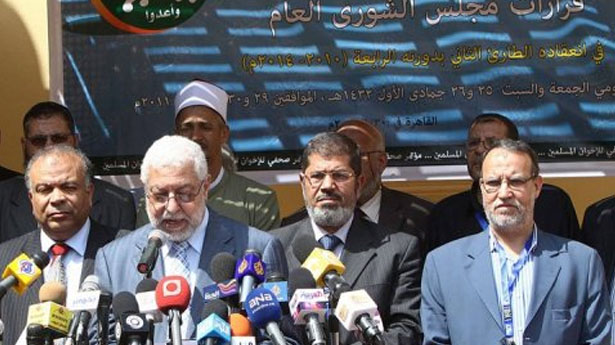Egypt’s Minister of Planning and Economic Development Hala El-Said has said that the main engines of the FY 2021/22 plan are to mobilise all resources to address the novel coronavirus (COVID-19) pandemic.
There will also be efforts put in place to implement the country’s structural reforms programme.
El-Said added that the FY 2021/22 plan aims to execute presidential initiatives to improve the quality of life for Egyptian citizens. This is set to take place through the implementation of a family development plan, the development of Egyptian villages, and resettlement projects.
The minister’s remarks came during her attendance at the Senate plenary session, on Sunday, headed by Senate President Counsellor Abdel Wahab Abdel Razek, and in the presence of the Senate members.
El-Said added that the FY 2021/22 plan dealt with recent trends that highlighted the importance of the pandemic’s consequences on various sectors such as healthcare. As a result of COVID-19, it became evident that it was necessary to develop and raise the efficiency of preventive medical care for virus diseases, and to improve entry levels for medical staff.
“This is in addition to intensifying investments to increase hospital capacity, along with public awareness of the danger of spreading diseases, and the importance of following healthy food and preventing disease,” El-Said added.
The minister added that concerning education, scientific research, and the labour market, developments in the international arena have demonstrated the need to expand education and distance learning systems.
This would also see an increase in the digital component in school curricula, alongside: establishing technological schools and universities; increasing scientific research allocations; developing scientific talents and innovations; linking research outputs and innovations to the labour market; and studying the needs of educational and training jobs.
El-Said also referred to the development of the telecommunications sector, by improving the information infrastructure.
In addition, there would be the implementation of digital transformation and financial inclusion programmes, and adopting all applications related to artificial intelligence (AI). At the same time, there would be provision for institutional and organisational frameworks that support companies working in the information technology (IT) field.



